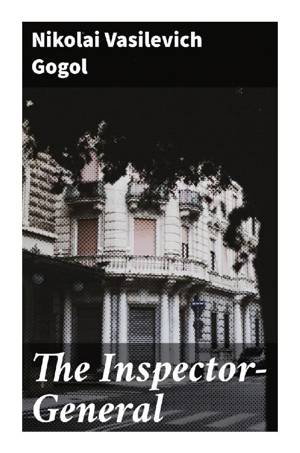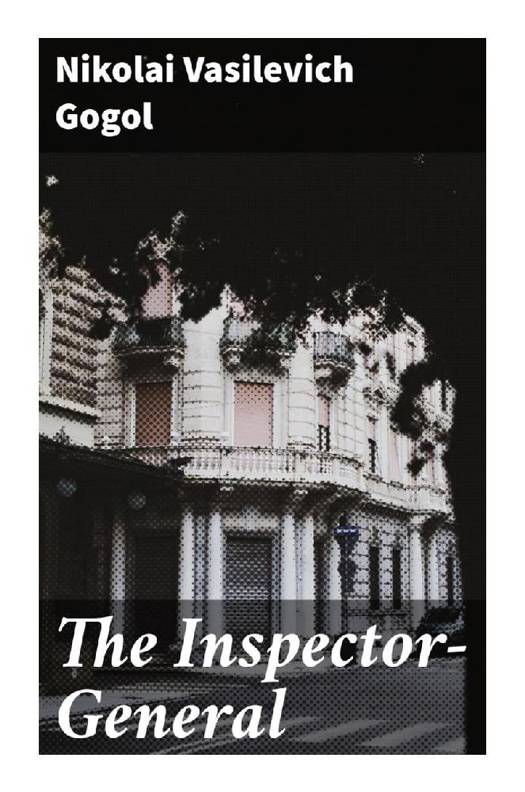
Door een staking bij bpost kan je online bestelling op dit moment iets langer onderweg zijn dan voorzien. Dringend iets nodig? Onze winkels ontvangen jou met open armen!
- Afhalen na 1 uur in een winkel met voorraad
- Gratis thuislevering in België vanaf € 30
- Ruim aanbod met 7 miljoen producten
Door een staking bij bpost kan je online bestelling op dit moment iets langer onderweg zijn dan voorzien. Dringend iets nodig? Onze winkels ontvangen jou met open armen!
- Afhalen na 1 uur in een winkel met voorraad
- Gratis thuislevering in België vanaf € 30
- Ruim aanbod met 7 miljoen producten
Zoeken
Omschrijving
Nikolai Vasilevich Gogol's "The Inspector-General" is a farcical play that brilliantly leverages satire to explore themes of bureaucracy, corruption, and the absurdity of societal norms in 19th-century Russia. Written in 1836, the narrative centers on a case of mistaken identity, where a lowly traveler is mistakenly identified as a government inspector. Gogol employs a sharp, witty style, rich in absurdity and humor, while simultaneously exposing the flaws and hypocrisy inherent within the political system. The play's incisive criticism of the Russian bureaucratic structure is underscored by vivid characterizations and engaging dialogue, reflecting the social realities of his time and establishing Gogol's pioneering role in the development of Russian literature and drama. Gogol, born in the Ukrainian region of the Russian Empire, encountered the intricacies and failures of society firsthand, which profoundly influenced his work. His experiences in the civil service, combined with his observations of cultural and social dynamics, paved the way for his satirical lens. "The Inspector-General" emerged from Gogol's desire to illuminate the stark contrasts between appearance and reality, encapsulating his lifelong exploration of human folly and moral ambiguity. This timeless play remains a vital critique of government and society that holds relevance even today. Its masterful blend of comedy and social commentary makes it a must-read for anyone interested in the intricacies of human nature and the functioning of authority. Readers will find themselves both entertained and provoked to reflect on the systemic issues that persist across generations.
Specificaties
Betrokkenen
- Auteur(s):
- Uitgeverij:
Inhoud
- Aantal bladzijden:
- 76
- Taal:
- Engels
Eigenschappen
- Productcode (EAN):
- 9788027287024
- Uitvoering:
- Paperback
- Afmetingen:
- 152 mm x 229 mm
- Gewicht:
- 125 g

Alleen bij Standaard Boekhandel
+ 17 punten op je klantenkaart van Standaard Boekhandel
Beoordelingen
We publiceren alleen reviews die voldoen aan de voorwaarden voor reviews. Bekijk onze voorwaarden voor reviews.











